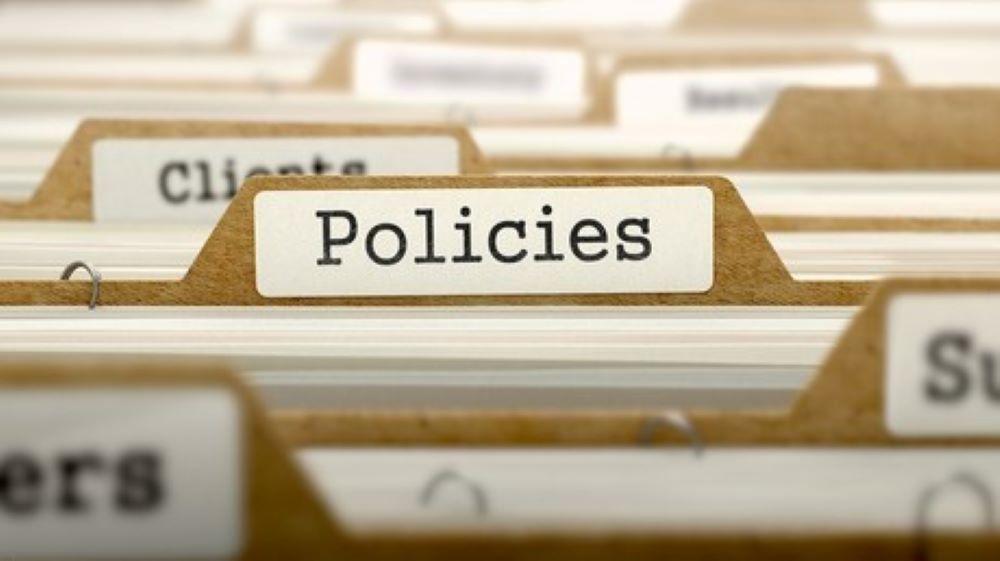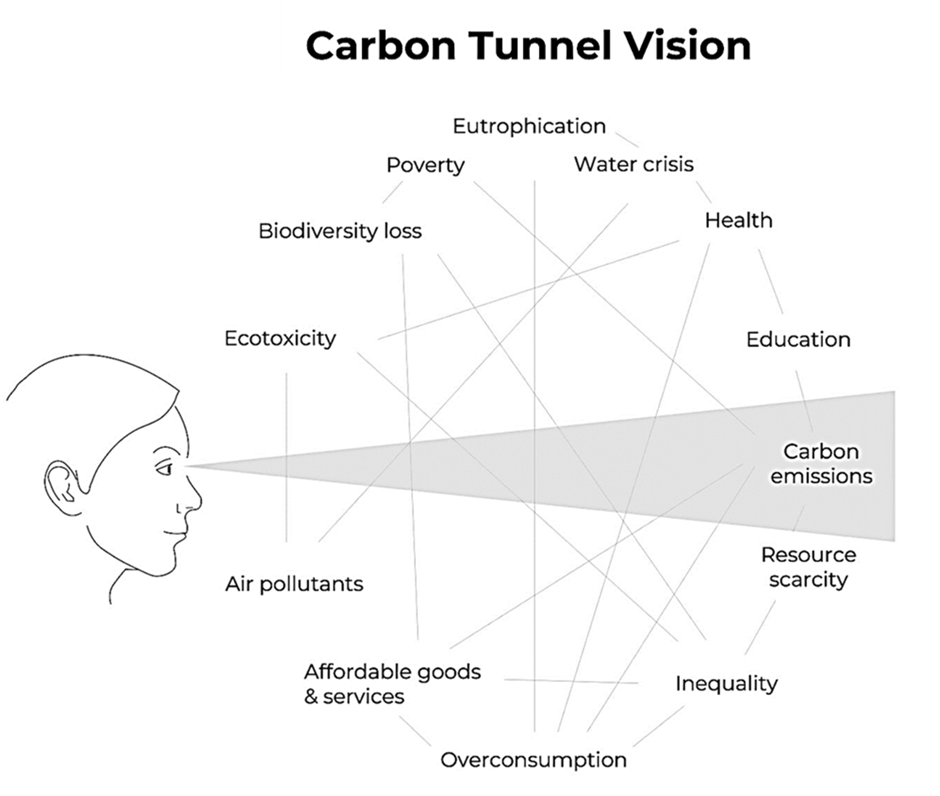Circular Economy and Me – Issue 2

Creating Policies for the implementation of a Circular Economy in the UK by Dr Katie Lamb.
Policy can be a make or break point for newly developed technologies. Many researchers will undoubtedly be aware (or have even encountered) the “Valley of Death”, in which new technologies developed in a research lab struggle with scaling up to an industrial and global scale. Perhaps one area that is less considered at the early research stage, is how current and future policies could impact the globally implementation of new research and technologies.
A policy is “a definite course or method of action selected from among alternatives, and in the light of given conditions, to guide and determine present and future decisions”. Policies can be set at an international, national, regional and local level. Perhaps the most famous international policy developed, in response to anthropogenic changes to our planet, is the Montreal Protocol, where countries across the world agreed to reduce their production of ozone depleting substances in response to the ozone layer diminishing.
Policies can also be set by institutions, groups or individuals, as well as Governments. When it comes to considering how the UK Government sets new policies, devolution is extremely important. The UK has been a devolved Government since the late 1990s, which means that England, Scotland, Northern Ireland and Wales have the power to create and follow their own policies in certain areas. This means that all devolved Governments in the UK must commit and align with their own circular economy policies, in order for a circular economy to be implemented across the UK.
The aim of my research is to analyse and compare current circular economy policies around the world, to help guide and develop future policies in the UK, as well as developing new policies that will implement a circular economy in the UK chemical sector. In order to analyse and compared policies, I will be using traditional analytical methods, including SWOT and PESTEL analysis, as well as investigating and developing new methods of policy analysis. I will be working with representatives across all of the devolved Governments, to ensure that future policies developing are truly implemented across the UK.
My work will also focus on numerous projects, such as analysing strengths and weaknesses of current UK olefin supply chains, researching current (and predicting future) legislation that could affect UK olefin production, to ensure that future policies and research developed by the Centre follow current (and future) legislation and regulations, and creating policies that complement research performed by those in Research Themes 1 and 2 of the UKRI Circular Chemical Centre.
When employed correctly, policy can be a powerful tool towards protecting our planet, humans and natural resources. However, if policy is employed incorrectly, or without good quality data and evidence, this can lead to unintended consequences or prevent sustainable technologies from obtaining worldwide reach. Any new policies I develop will therefore be evidence-based policies, rather than driven by opinions or political motives (it is not a legal requirement for policies to be data- or evidence-based).
When creating new policies for circular olefin production routes developed at the Centre, I will also consider environmental and social impacts, to truly understand how these new routes may affect our resources and planet. I will therefore also consider sustainability metrics such social impact assessments when designing new policies. This will ensure that any future policies the Centre develops do not just consider carbon dioxide emissions, or are developed with a “Carbon Tunnel Vision”, but also consider other sustainability factors, such as availability and location of natural resources, product life cycle, economic feasibility, social responsibility, ethics, local employment, gender equality and equal opportunities.

If new technologies and policies are developed with only carbon emissions, or a ‘Carbon Tunnel Vision’, in mind, this can lead to different environmental and social issues. Future policies in circular economy must take in account a variety of factors in order to truly limit the impact of human activity on our planet. Image was adapted and used with permission from Jan Konietzko.
Further Reading
https://www.britishecologicalsociety.org/wp-content/uploads/2017/05/An-introduction-to-policymaking-in-the-UK.pdf General guide on how policy is set in the UK.
https://www.youtube.com/watch?v=GgBax4WjdPA Useful YouTube video describing Policy.
https://assets.publishing.service.gov.uk/government/uploads/system/uploads/attachment_data/file/770709/DevolutionFactsheet.pdf General guide about devolution in the UK.
https://www.gov.uk/government/publications/net-zero-strategy The “Net-Zero Strategy” policy paper currently being developed by the UK Government.